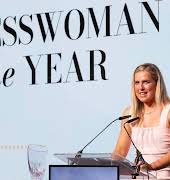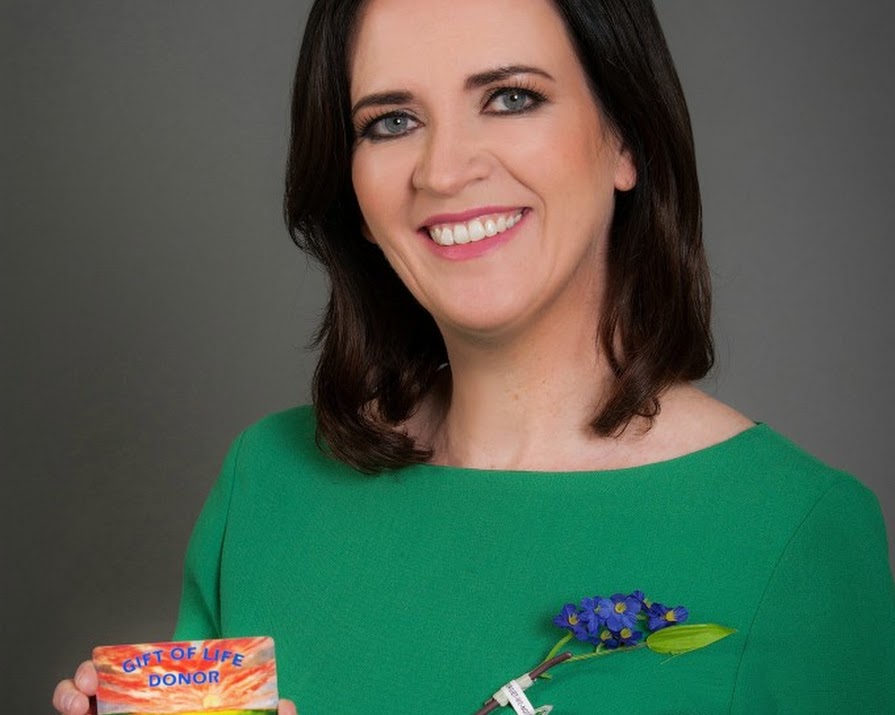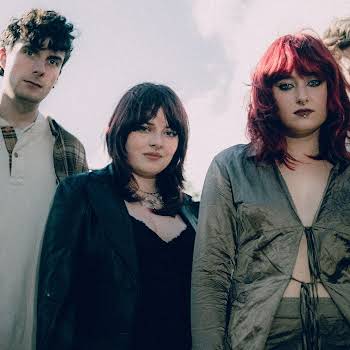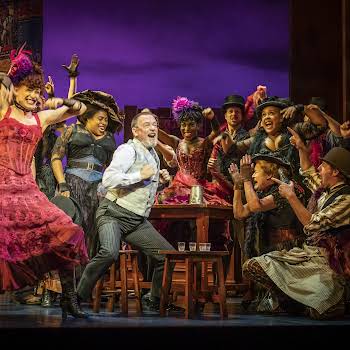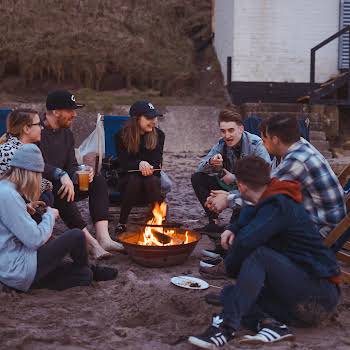
By Jennifer McShane
27th Apr 2016
27th Apr 2016
RTE broadcaster Vivienne Traynor has undergone quite a journey over the past five years, following her decision to become a living kidney donor for a family member. Such a decision is never made lightly but as a result of this remarkable gesture, the?life of her nephew, Martin was changed forever. One stepping stone led to the next and Vivienne drew on her personal experiences for her role as ambassador for the Irish Kidney Association (IKA).
When Martin (now 35) suffered kidney failure in his early twenties, the unflappable reporter says she says she approached the situation with the practicality for which she is well known; she discovered she was a suitable candidate and would accept nothing less than making this work for her nephew. The family were overjoyed when Vivienne’s transplant was an immediate success but she explained that when the time came that he needed a second transplant, he received a donation from a deceased donor. It was this which had a profound impact on her life and saved her nephews’.
Vivienne spoke to IMAGE.ie about?life after the transplant for both herself and her family and why she’ll never forget the donor who saved his life.
Tell us a little more about how you became an ambassador for Organ Donor Awareness Week?
For many years, I’ve been a keen supporter of organ donor awareness week and I’ve previously taken part in the IKA’s annual family fun run which takes place this year on May 28th. However, this year, I was asked by the IKA to be the ambassador because of my personal connection to organ donation.
?Your deeply personal connection to organ donation is as a result of being a living donor for your nephew, Martin. Can you tell us more about that experience?
In 2009, I donated a kidney to my nephew Martin, who suffered kidney failure when he was in his twenties. Several family members had gone forward but both?I and my sister Gina took it a stage further and decided to go to the UK for a second opinion as we did not qualify as donors under the then living donor transplant programme here. Eventually, I emerged as the more suitable donor and the transplant took place in July 2009. It was an immediate success and there was no rejection.
However, about four and half years later my nephew’s original medical condition returned and attacked the donor kidney so he needed a second transplant which he got from a deceased donor. Witnessing that second transplant actually had a bigger impact on me than being a living donor. I still struggle to find the words to express the emotions I felt that day. I was overwhelmed thinking that somewhere a family in the middle of all their grief and pain had taken the time to make the huge decision to donate organs to help someone else. Martin is now doing really well and is the father of two young children, both of whom were born after the first transplant. I also went on to have a fourth child after donating the kidney so we have been very fortunate.
I was overwhelmed thinking that somewhere a family in the middle of all their grief and pain had taken the time to make the huge decision to donate organs to help someone else.
Can you tell us about the moment you decided to donate? When did you say, “That’s it, I’m going to do it'”?
There was no one moment when it suddenly dawned on me that I wanted to be a donor. I was attending some of Martin’s hospital appointments with him to see if I could help. As I began to learn more about living donation, it just seemed to make sense to me. Once I had decided, I became totally consumed by it and was determined that it would work. I’m generally a very practical person; I’m not religious and I don’t believe in a lot of things but for some reason, I believed in the power of positive thought for this one and decided that was the way to go.

How did your perception of organ donation change after you became a donor yourself?
I was in awe of surgeons and how they could take an organ from one person and make it work for another. The whole process was amazing and while some described what I did as a gift or some sort of sacrifice, I view it in an entirely different way. It was an absolute privilege to be allowed to take part in something so wonderful. I think I got as much out of it as Martin, possibly more! But as I said I was far more taken by Martin’s second transplant came around. It was only then that the real impact and importance of it dawned on me.
It was an absolute privilege to be allowed to take part in something so wonderful.
You’re keen to highlight and encourage conversation surrounding deceased organ donation, can you explain more about this?
While preparing for organ donor awareness week and throughout the week itself many people told me they carried a donor card or planned to get one. That’s only the first step, however. What many don’t realise is that just carrying the card or ticking the box on your driver’s licence is not enough. You have to tell your next of kin, those who will have to make the decision after your death. You need to tell all your family members and make sure they all know what your wishes are in very clear terms. That way, if the time should come, that very difficult decision will be made easier for them if they know for sure it is what you wanted.

Do you have any advice for those wishing to become organ donors?
Please talk to your family. Tell them that you want to donate your organs in the event of your untimely death. Be clear with your message and make sure the people who matter to you know what you want. Living donation is different, as it is a very personal decision because every case is different.
Free information fact files and organ donor cards, are obtainable from the Irish Kidney Association and are available nationwide from pharmacies, GP surgeries and Citizen Information Offices.





